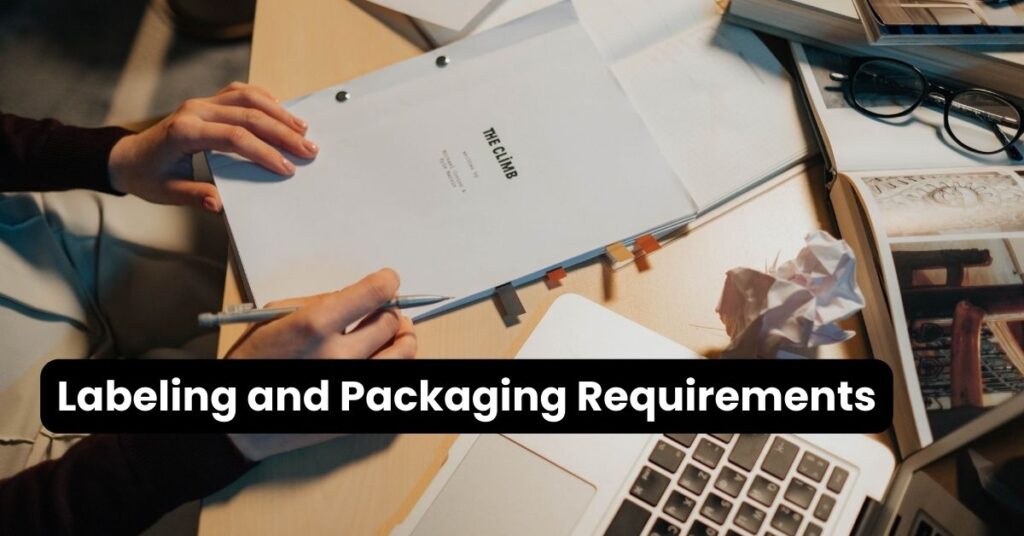Starting a food product business in America requires more than just a great recipe and a passion for cooking. It also entails complying with various regulations and obtaining the necessary food licenses. These licenses are crucial for ensuring food safety, maintaining hygiene standards, and protecting consumer health. In this article, we will explore the essential requirements for obtain a food license in America, helping you navigate the regulatory landscape and set your food product business on the path to success.
Types of Food Licenses
When it comes to food product businesses in America, different licenses apply to different aspects of the industry. Here are the key types of food licenses you need to be aware of:
1. Food Manufacturer License:
A food manufacturer license is required for businesses involved in processing, packaging, and labeling food products. This license ensures that your manufacturing processes meet the necessary health and safety standards.
2. Retail Food Establishment License:
If you plan to sell your food products directly to consumers, you will need a retail food establishment license. This license applies to restaurants, cafes, food trucks, and any other establishment where food is prepared and served.
3. Food Service Establishment License:
Similar to the retail food establishment license, the food service establishment license is necessary if you plan to provide catering services or operate a food service business. It ensures that your food handling and preparation meet the required standards.
Essential Requirements for Obtaining a Food License
- Complying with Local, State, and Federal Regulations: To obtain a food license in America, you must comply with regulations at the local, state, and federal levels. Familiarize yourself with specific requirements of your locality, including zoning restrictions, health codes, and building permits. Additionally, adhere to the regulations set by the U.S. Food and Drug Administration (FDA) and the U.S. Department of Agriculture (USDA) for food safety, labeling, and packaging.
- Safe Food Handling Practices: Food safety is of utmost importance in the food product industry. Implement proper food handling practices, such as maintaining clean and sanitized work areas, using safe ingredients, and preventing cross-contamination. Develop a Hazard Analysis Critical Control Point (HACCP) plan, which identifies potential hazards and outlines preventive measures to ensure food safety.
Labeling and Packaging Requirements
- Nutritional Information: Ensure that your food product labels accurately display nutritional information, including serving size, calories, fat content, and allergen information. Familiarize yourself with the FDA’s guidelines for food labeling to ensure compliance.
- Ingredient List: Clearly list all ingredient used in your food product, including any additive or preservatives. Be transparent about the ingredients to help consumers make informed choices and accommodate those with dietary restrictions or allergies.
- Allergen Warnings: Highlight potential allergens, such as nuts, wheat, dairy, or soy, on your product labels. This is crucial for consumers who have allergies or sensitivities and need to avoid certain ingredients.

Facility and Equipment Requirements
Adequate Facilities: Ensure that your manufacturing or food preparation facilities meet the necessary standards for cleanliness, ventilation, lighting, and pest control. Implement proper waste disposal systems and have designated areas for different stages of food production.
Equipment and Utensils: Use food-grade equipment and utensils that are suitable for your specific food product. Regularly clean and maintain your equipment to prevent contamination and ensure product quality.
Conclusion For Food License:
Obtaining a food license and meeting the essential requirements is crucial for a successful food product business in America. By following the regulations, implementing safe practices, & ensuring proper labeling, packaging, and facility standerds, you not only comply with the law but also prioritize food safety, consumer satisfaction, and the long-term success of your business.

